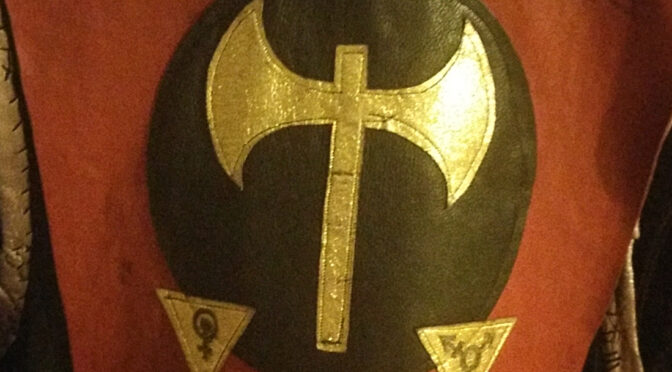this is just because i’ve been having some conversations about kids and gender and transition and puberty-blockers and so on. and having some feelings about that.
(to get a few things out of the way as a preamble)
what i want in the world is for folks (of all ages) to be able to make and put into effect any decision they want about what to do with their bodies – which means, practically, working for there to be more and more possibilities available to more and more people. in the realms of gender and sexuality that includes access to all kinds of body modifications, whether towards or away from any particular socially recognized gender position, and also access to all kinds of options for reproduction, from permanently or temporarily preventing it to actively facilitating it. what’s important to me is the possibility of real, meaningful choice, and the removal of restraints on that.
probably because of coming up right before and after the arrival of antiretrovirals, i think about most of the access-to-medical-transition stuff as a “drugs in bodies” question, through the analogy of AZT. in the absence of much actual decent research on HRT drugs (either to learn more about their longterm effects or towards making better ones), we already know they’re generally shitty, but bad drugs in living bodies is better than dead bodies.
(and here’s the meat of the post)
so: in the current conversations, mostly things are framed as a fight in which advocates for kids’ access to puberty blockers face off against advocates of “reparative/corrective therapy” to normalize kids to their assigned genders. that’s how, for instance, julia serano sets things up in her mostly useful piece on Medium last year.
and that’s generally how things play out among trans community activists, parents, TERFs, and other folks outside the medical institutions involved.
but here’s the thing: that’s not a divide that exists among the doctors.
the best-known puberty-blocker doctors and the best-known “reparative” therapists work together, publish together, and generally see each other as collaborators rather than opponents. kenneth zucker and peggy cohen-kettenis, for instance, co-wrote the chapter on “gender identity disorder in children and adolescents” for a 2012 “handbook of sexual and gender identity disorders”. and that’s not an anomaly: even a mild bit of googling finds the two of them as co-authors on papers all the way from the late 1990s to the past few years (with at least a few also including ray blanchard in the credits). and that collaboration isn’t just on the page: well-sourced gossip tells me that before zucker’s clinic was shut down (finally!), he was known to send so many kids who didn’t respond to his “conversion therapy” bullshit to puberty-blocker clinics that he was considered one of their biggest referrers.
Continue reading all the doctors are friends (but not *our* friends) →



